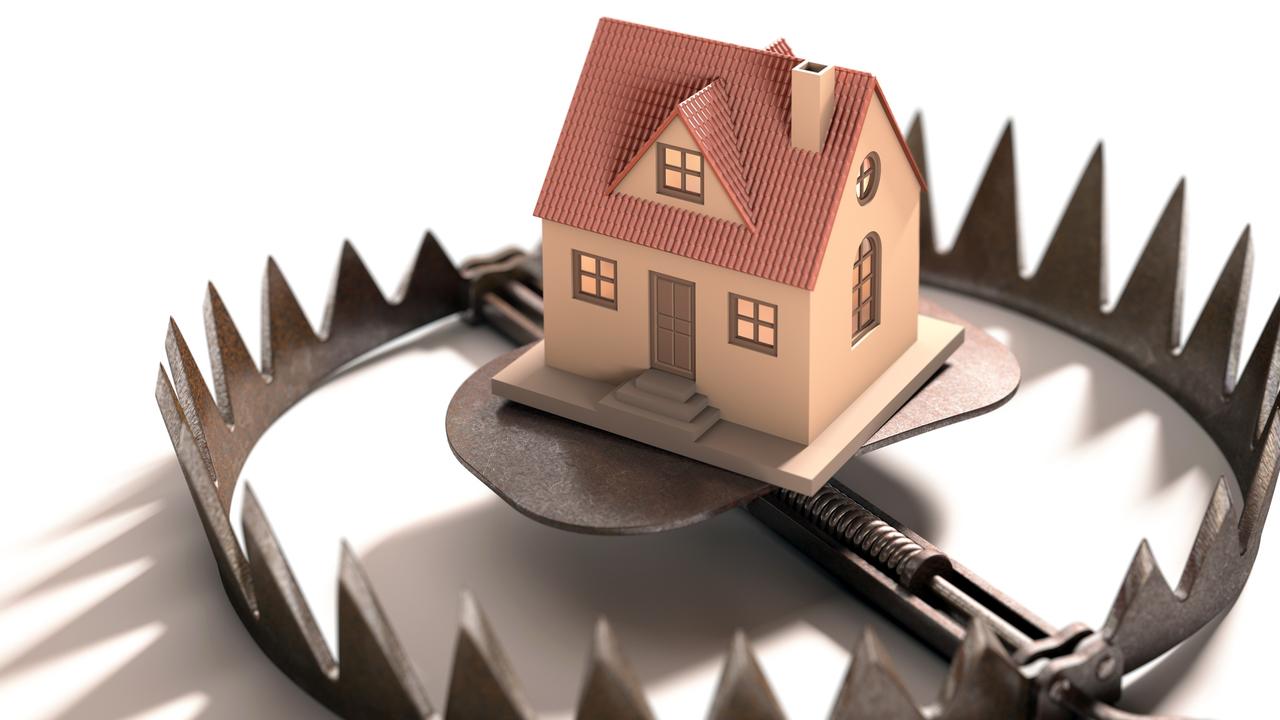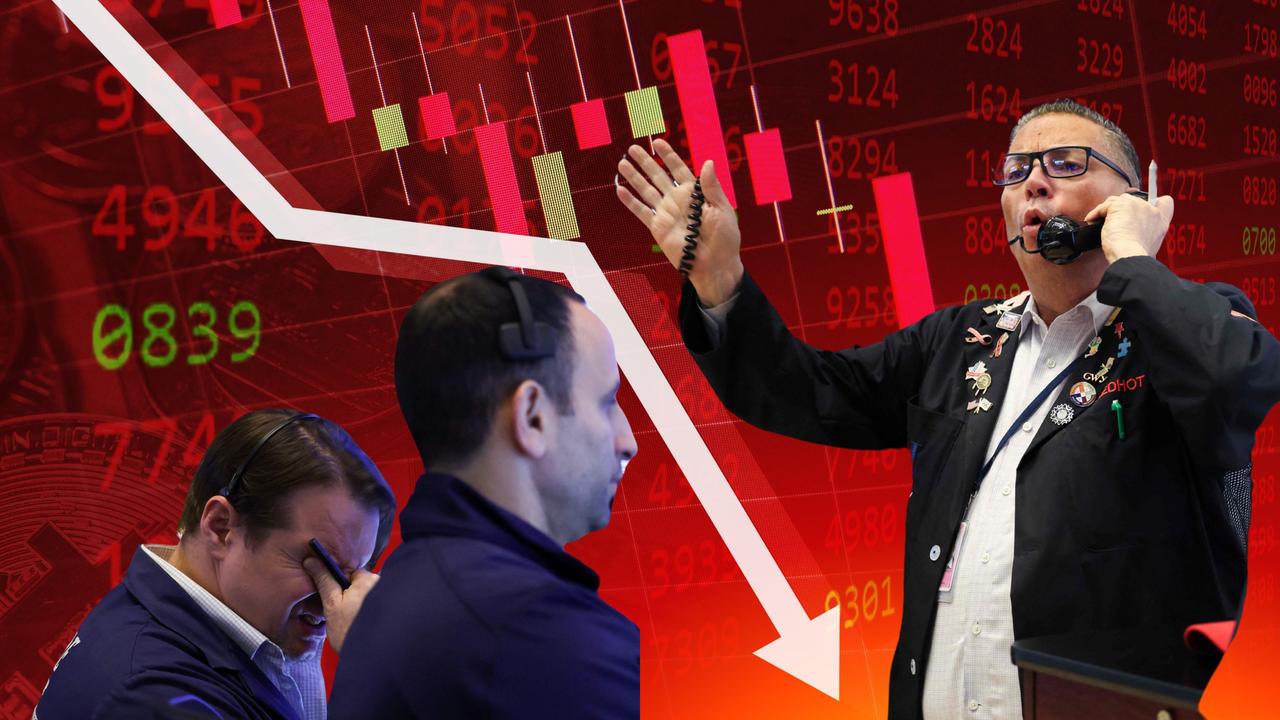Is Australia ‘open for business’ or is it for sale?
AS it stands we don’t need to fear being conquered by military invasion, we will be conquered by acquisition.
SOMETIMES investors need to look closely at the big picture.
If I was recruiting 19 cabinet members to run our country, I would first ask for their CVs. If the majority of the CVs were from career politicians, career lawyers and a couple with any business experience, I guarantee I would not hire them to run a souvlaki chain, let alone the nation.
But that’s what our political antipathy has elected to parliament and unless we see a third force rise to offer us a point of difference to the career lawyers on the one side, and career unionists on the other, this country many of us love so dearly, is headed towards a form of serfdom — working for foreign landlords at best, or at worst sidelined completely.
Let me explain. Trade Minister Andrew Robb in his great wisdom told me at a breakfast that our balance of payments current account deficit was “structural”. Now “structural” can mean you cannot do anything about it, but it can also mean you won’t do anything about it. Keep in mind this is the man who has been driving the free-trade agreement with China. Give me a break! The $18 billion of spruiked benefits from the China FTA over a decade — or $1.8bn a year — are completely wiped out by a $US2-a-day fall in the price of iron ore we are enduring.
The balance of payments current account deficit arises because we, as a country, spend more on our imports than we receive for our exports. If that situation is structural it is because we have a bunch of people running the show whose ideology prevents them from thinking long term.
The balance of payments current account deficit requires funding. If your imports cost more than you receive for your exports, you have to get the shortfall from somewhere. This gap is funded from the capital account. In other words, we need to attract foreign investment to pay for our profligacy. And how do we attract that foreign investment? Well, we can issue and sell bonds, which is the same as “borrowing money”, or we can sell our assets. And selling assets is precisely what Liberal party ideology says we should do.
So when Tony Abbott says we are “open for business” he means to say we are “for sale”. China-based interests buying houses, farms and businesses is a reflection of a strategy to shore up income streams and food sources for the next hundred or two hundred years. And why do you think during the FTA negotiations China asked to import their own labour into the businesses and farms they have bought in Australia? We need to be careful here. Australia’s strategy — currently run by ideologists and economic rationalists — is to sell our best assets to pay for another iPhone!
Abbott and his party’s ideology is selling us down the river. I saw him on TV recently saying he wants to repair the budget so that my children and grandchildren are not burdened with mountains of debt. A basic accounting lesson is warranted here: if we sell our assets to pay off the debt, we will have no assets that earn us any income, and we will have nothing against which we can to ever borrow again. And keep in mind that over the long run asset prices rise — let’s say by 6 or 8 per cent. If we have no assets and no income, we will never be able to buy those assets back.
If instead we weren’t required to sell the assets, we would have something with which we could earn an income and service the debt your blind ideology says is evil. Once we have sold the assets, they’re gone for good. And what have we gained for the sale? Interest rates are going lower so we are earning little and less on the proceeds. Far better to keep the assets. Oh that’s right, we can’t! You keep telling us that the current account deficit is structural — we have to sell assets to pay for our imported iPhones.
Please explain how you will replace the assets we have sold and from which we previously earned an income.
What is the solution? It’s simple. We must add value to our exports. All attention needs to be focused on tax structures (for example, tax holidays for start-ups) and incentives to build industries and economies that add value to our exports. If we can raise the value of our exports, we will need to sell fewer assets and we can earn an income to pay down the debt you are so nervous about.
You can’t tax your way to prosperity; you need to reduce tax, and incentivise entrepreneurs. It takes seven or eight tonnes of exported iron ore to pay for one imported iPhone. Anyone who hasn’t worked out that such a situation is unsustainable will inevitably elect the wrong people to run our country. The longer the value of our exports is less than the value of our imports, the more our assets will have to be sold to people whose interest in our welfare is much lower than ours.
More than anything else we need a third party, a third force. We need people who can capture the imagination of, and tap into the entrepreneurial drive of, Australia to make our country a truly prosperous nation of industrialists whose wealth is not only enough to be paying for its imports but enough to make overseas acquisitions.
As it stands we don’t need to fear being conquered by military invasion, we will be conquered by acquisition.
Roger Montgomery is the founder of Montgomery Investment Management.



